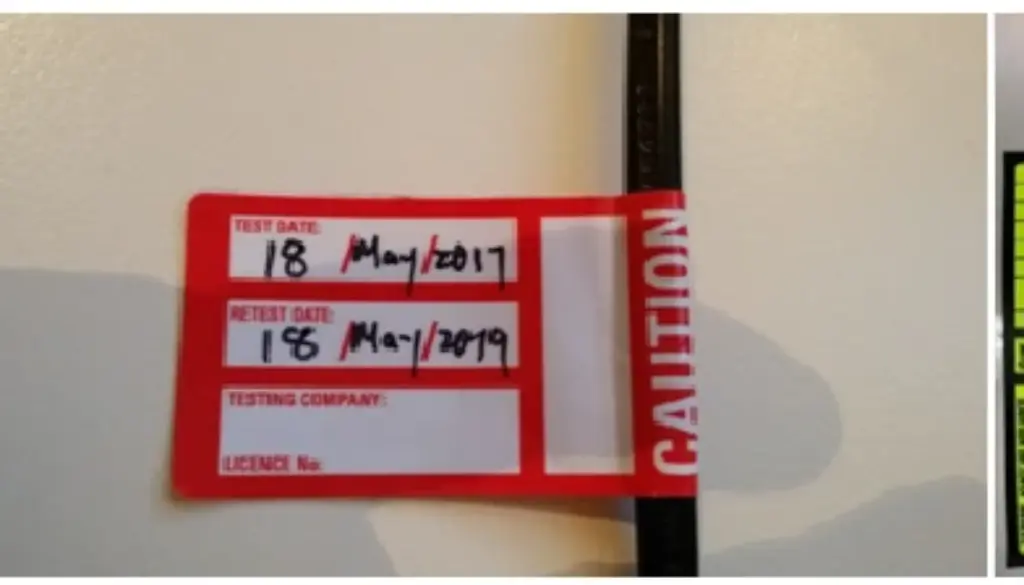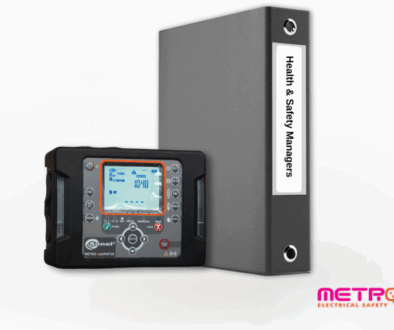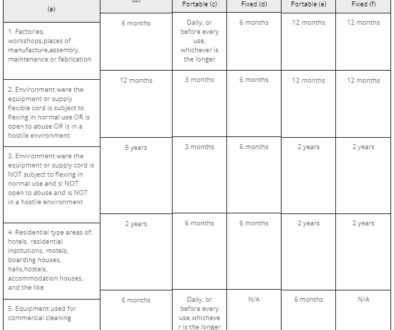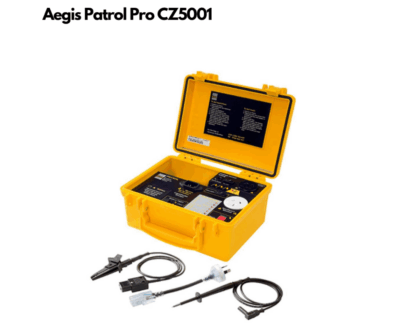Noncompliant Test Tags

So our keen-eyed technicians spotted these noncompliant tags during a visit to a new client’s business place. Can you guess what’s wrong with them?

Test tags serve as the record of an appliance testing. They are as important as the testing inspection itself. In addition to displaying the result of the testing (PASS/FAIL and/or actual test values), they also provide information about who conducted the inspection, when the appliance was tested and when it is due for retesting.
For this reason, noncompliant tags are a real headache. They may put unknowing workers at risk of electric shock injuries and could undermine you efforts for obtaining compliance.
Let’s take a look at some of the scenarios where a tag is considered non-compliant:
Incorrectly completed tags
As per AS/NZS 3760 Standard, the minimum required information on a test tag for compliant appliances are as follows:
- ‘Tested to AS/NZS 3760’ reference
- Name of individual or company who conducted the test
- Test date
- Date when next test is due
Based from the NT WorkSafe Bulletin, if a tag does not include all of the minimum required information, the rest of the required information must be recorded elsewhere and kept for a specific period of time.
However, if the any of the required information is missing or omitted, it could result in your company failing a safety audit. If the incorrectly tagged appliance is taken to another work site or venue, a site safety office may disallow you to use it until you are able to show a fully compliant tag. These scenarios might seem farfetched, but they can and do actually happen.
Reused tags
In addition to the minimum required information, the Standard also imposes specific requirements for the make and quality of the tags used in testing of electrical equipment. Because some electrical equipment are in used harsh environments, such as in construction and mining, the tags must be durable, water resistant, non-metallic, well-secured or self-adhesive, incapable of re-use and have a distinctive surface. The tag print on the tag should also be resistant to fading in order to keep the testing information legible at all times. The idea is to preserve the information and the tag itself, as without this your appliances will be deemed noncompliant.
If a tag is detached and then reused for another testing period, it actually becomes noncompliant regardless if the results of the current inspection and testing are the same.
The test and tag service company cannot simply use a generic tag that says “1 Year Tag” to point out its validity, as different types of appliances require retesting at different frequencies.
So now you know what’s problematic with the particular tags shown above. Make sure you place your trust on reliable test and tag company. It is not enough that they are using HIANZ certified tags if the tags themselves are blank. They would remain invalid during site safety audits.
You don’t want to get caught with non-compliant tags on your electrical devices. So always check that you are using properly trained and fully qualified testing and tagging specialist with up to date information on current standards and regulations.


